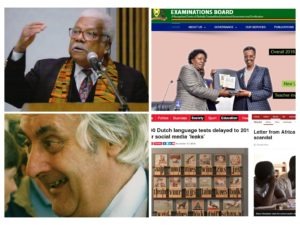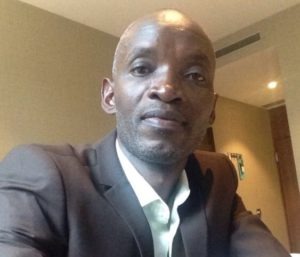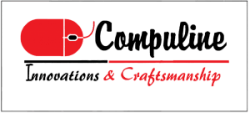The Story of Uncritical Belief in Exams is a sad one!
Examinations only tell half the story

In the article on Impact beyond the tests: adult education that makes a real difference, Chanell Butler-Morell raises a very pertinent argument against any uncritical adoption of standardized tests. In the context of adult education for PWDs, cautious administration of standardized tests is exceedingly important because they can easily perpetuate exclusion.
In this brief comment, I extend the conversation on standardized tests beyond adult education for PWDs in North Carolina to all education interventions for young people and adults everywhere. Standardized tests constantly struggle in vain to measure the whole range of intellectual, emotional, cognitive and behavioural changes that particular education interventions cause in the lives of learners. As Tait (2015) argues, intelligence cannot be [fully] defined by exams. Examinations can only reveal just a portion of the whole, and indeed only tell half the story. Thinking about the inadequacies of standardized tests is to rethink the purpose of the education. Separating the two is part of the intellectual challenge that educators must address.
Educators must possess the required critical awareness of the purpose of education systems and by extension constantly reflect on the agenda of standardized tests. Whether serving wealth communities in Europe and USA or in the neediest villages of Asia or Africa, we must be cognizant of the socio-political and economic forces that are steadily turning education of all types into real commodities in unregulated markets.
In Uganda as elsewhere, examinations are increasingly serving as exclusion instruments to deny the poor and disadvantaged young citizens the opportunity to pursue meaningful education and employment trajectories. While our society has been struggling to come to terms with utter negligence and refusal of public education stakeholders with state power and authority to make education systems serve every single citizen, the private sector is worse in the abuse of education service delivery. Tests and examinations are real tools in the education market. It is disheartening that state institutions and some education investors including religious based schools ‘collude’ in dehumanizing young talents in the name of quality national examinations. Moreover, the credibility of national examinations everywhere is highly questionable.

The unstoppable professors – Ali Mazrui & Peter Jarvis [RIP] made huge intellectual contributions to their disciplines and fields of specialty. They were not high school exam stars but their legacy requires no media briefings. Moreover, in the past years, the credibility of examinations could be trusted to a greater extent unlike today when the ethical hygiene’ of examination regimes is highly questionable!
As educators and more-so those of us who subscribe to the social and emancipatory purpose of education we must rise up constantly to challenge the uncritical planning and delivery of education services and more-so tests and examinations. We must refuse the reliance on stand-alone examinations or standardized tests to determine the destiny of young people and adults in our education enterprises. Educators should learn to circumvent the risk of relying on standard tests. As we do so, we need to hold in high esteem alternative assessment methods that attempt to provide learners with the opportunity to be ‘tested’ while learning. For instance, those teaching in colleges and universities, we need to desist from abusing the power of course work. In education settings, where work-based learning strategies such as internships are part of the delivery design, educators must champion the values of quality and integrity.
Above all while interacting with learners whether in the classrooms or auditoriums, educators need to be critically aware of the purpose of education in their context. Standardized tests need to be interrogated within this broad frame of reference to challenge the tendencies to solely rely on them yet we know that they indeed tell half the story. END
The comment is a contribution to the article on standardized tests by Chanell Butler-Morell within the framework of a the 2019 Virtual seminar on the Role and Impact of Adult Education from a global perspective organised by the International Council for Adult Education (ICAE). The International Council for Adult Education (ICAE) is a global network with a specific mandate to advocate for youth and adult learning and education (ALE) as a universal human right. It was created in 1973 and has 7 regional bodies (Africa, Arab Region, Asia, Caribbean, Europe, Latin America and North America) representing more than 800 NGOs – regional, national and sectoral networks – in more than 75 countries.

Robert Jjuuko is an Educationist, Researcher and Development Consultant
